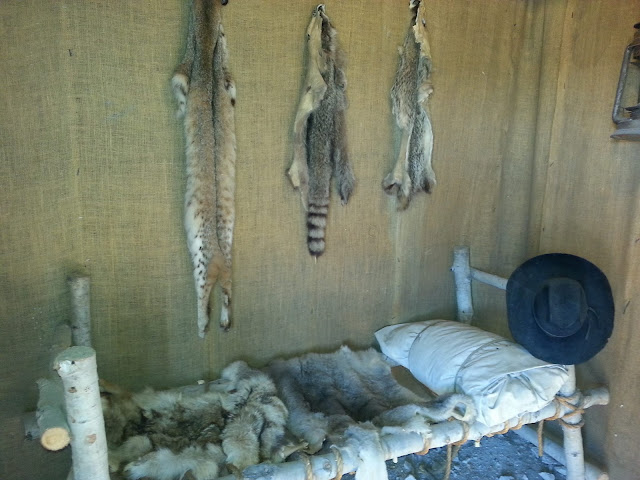An earlier post featured the assignment of my Great Great Grandfather Frederick Hurst to the Ruby Valley Western Route to California Pony Express Station. The picture shared on that post was of the reconstructed station. This photo prior to restoration gives a better sense of the isolation of the station.
Although Frederick described it as having six rooms and a blacksmith shop; he was without question describing not only the station, but the beginning of an army camp on the same location. This photo shows the station with the army buildings. It is interesting to note the building on the right of vertical log construction.
The Fort Ruby Army Post was known as, "The worst post in the west." Their assignment was to protect the pony express riders, the US mail, and the emigrant travelers from Indian raiders.
Frederick agreed with this sentiment in his writings about the isolation in his diary entry shortly after arriving in Ruby Valley:
"After noting my new home it put me in mind of a
prison, built wholly of logs and the never failing dirt roof."
His loneliness was multiplied by the fact that he had left his wife and infant son in the care of his mother-in-law.
The interior of the restored building gives us a glimpse into historians' best guess at the living conditions in which Frederick found himself:
Although Frederick is listed in the 1860 Census at Ruby Station as a "mail hand", he was actually sent there because of his strong botanical skills and knowledge. His assignment was for the express purpose of planting a garden to provide for the meals of riders coming through the station. He was paid $35 per month for his labors.









